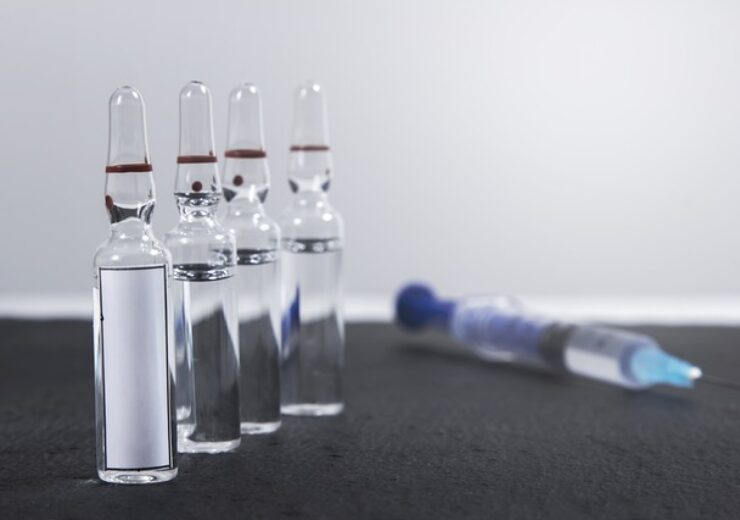NephroScan is a sterile, single-dose kit designed for the preparation of radiopharmaceutical agent technetium Tc 99m succimer injection

NephroScan approved in US. (Credit: AVAKA photo from Pixabay)
UK-based radiopharmaceuticals company Theragnostics has received the US Food and Drug Administration (FDA) approval for NephroScan, its radiodiagnostic imaging drug.
The imaging drug is indicated for supporting the evaluation of renal parenchymal disorders in adult and paediatric patients, including term neonates.
NephroScan is a sterile, single-dose kit designed for the preparation of radiopharmaceutical agent technetium Tc 99m succimer injection.
It contains 1mg of succimer as a lyophilised powder in a single-dose vial, and requires radiolabelling with technetium Tc 99m.
Upon radiolabelling, the mixture provides up to 1480MBq (40mCi) Technetium Tc 99m Succimer Injection solution in a volume of around 5mL, at calibration date and time.
NephroScan is the company’s first drug to receive FDA approval.
Theragnostics president and chief executive officer Greg Mullen said: “The FDA approval of NephroScan is a significant milestone for Theragnostics and for patients who are affected by kidney disease.
“NephroScan enables the detection and diagnosis of kidney disease, enabling physicians, patients, and their families to help make informed treatment decisions.
“The approval has been a remarkable team effort in collaboration with the regulatory development group at Facet Life Sciences and the specialists for radiopharmaceutical development and manufacturing at ROTOP Pharmaka GmbH.”
Technetium Tc 99m succimer binds to the cortical region of kidneys and is used to image the renal cortices using gamma scintigraphy or single photon emission computed tomography.
Tc-99m DMSA imaging is used to identify patients who are at risk for further developing parenchymal scarring, hypertension, and even chronic renal failure.
The imaging can also be used for identifying the split renal function, kidney shape, size, position, and homogeneity, said the company.
Technetium Tc 99m succimer injection may contribute to a patient’s overall long-term cumulative radiation exposure, which is associated with an increased risk for cancer.
It is advised to delay imaging for up to 24 hours to obtain better images, as few patients with advanced renal failure may exhibit poor renal intake of technetium Tc 99m succimer.
Technetium Tc 99m is manufactured by Germany-based ROTOP Pharmaka, and is being exclusively distributed in the US, by GE Healthcare.
